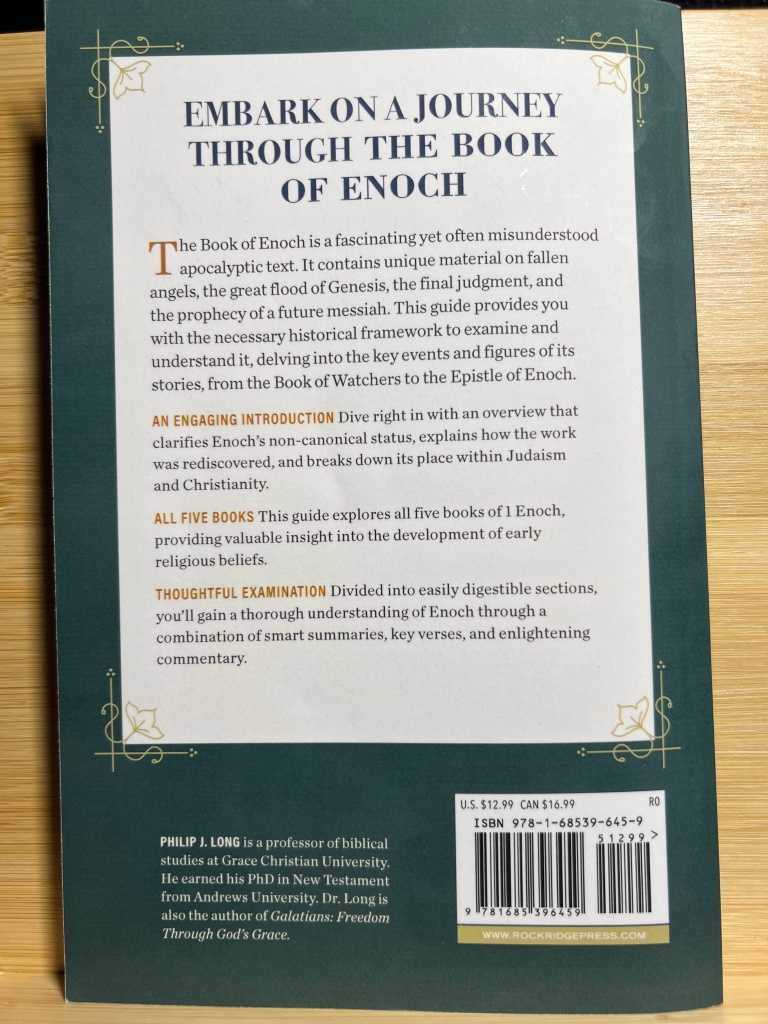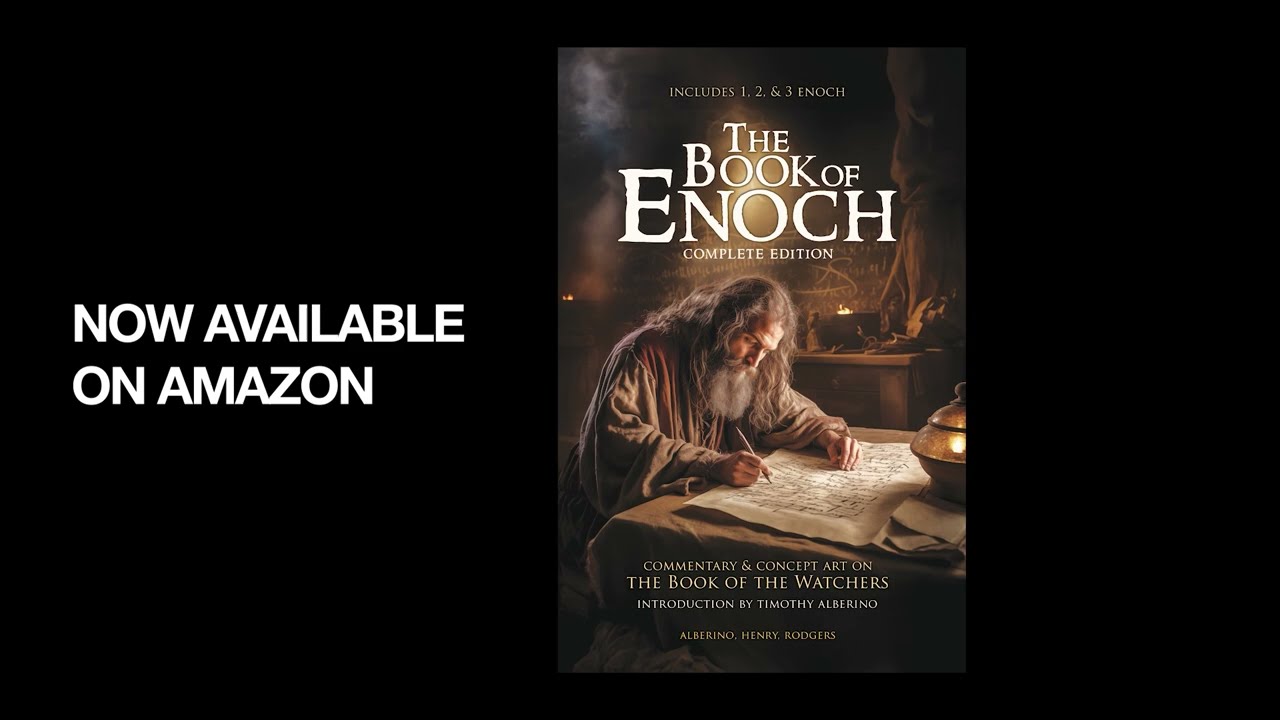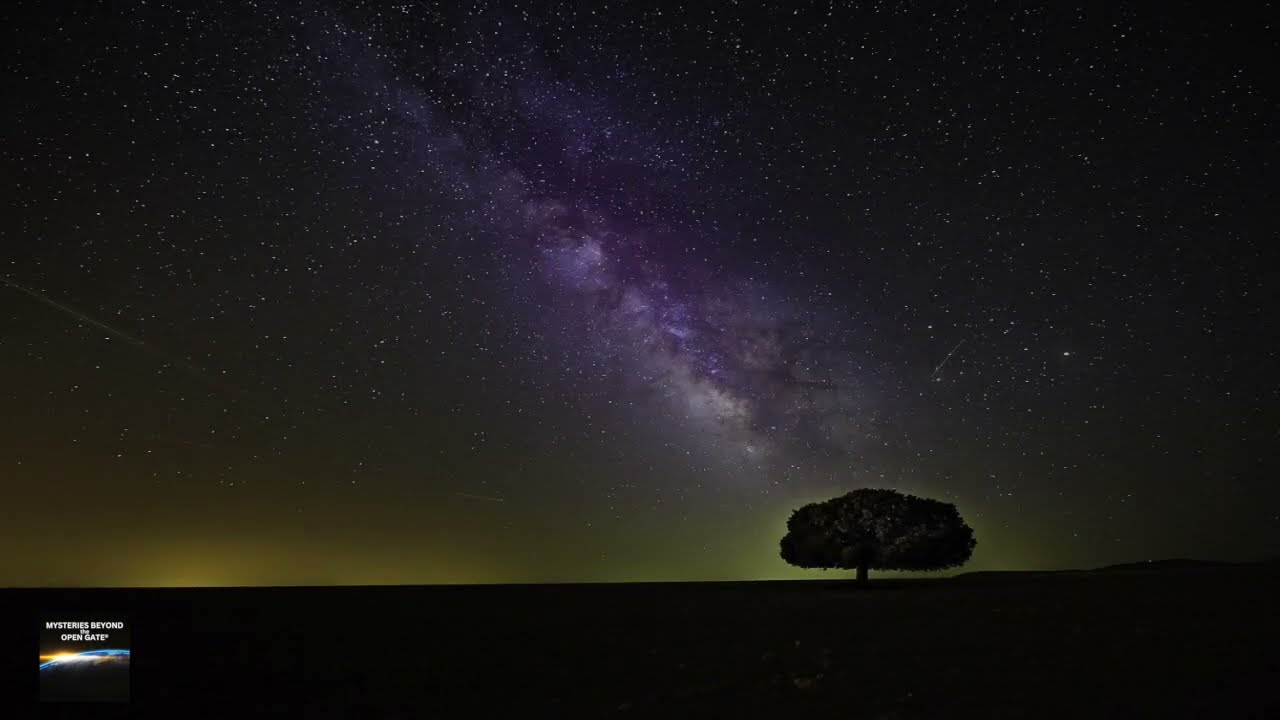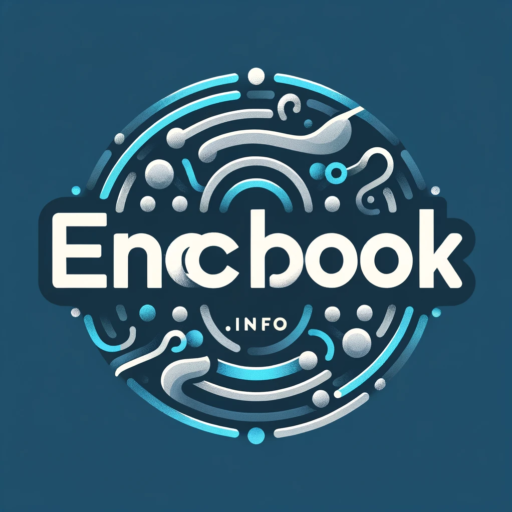The book of enoch, a text filled with apocalyptic visions and mystical teachings, has been a source of fascination and controversy for centuries. Believed to have been written by the biblical figure Enoch, this ancient manuscript has intrigued scholars and theologians with its enigmatic origins and complex textual structure. Despite its prominent position in early Jewish literature, the true age of the Book of Enoch has remained a subject of ongoing debate, with theories ranging from the 3rd century BCE to the 2nd century CE. In this article, we will delve into the historical context and various theories surrounding the dating of the Book of Enoch.
Dating the Book of Enoch: Textual and Archaeological Evidence

The Book of Enoch is a composite text, meaning that it is made up of different sources and layers of additions and revisions. This makes it difficult to determine its precise date of origin. However, through textual and archaeological evidence, scholars have attempted to piece together a timeline for the development of this ancient document.
Original Manuscript vs. Later Additions
The oldest existing copies of the Book of Enoch are written in the Ge’ez language, an ancient Ethiopian tongue, and were discovered among the Dead Sea Scrolls in the 1940s. These fragments, dated to the 1st century BCE, are considered to be the most reliable versions of the text as they predate the influence of Christian and Islamic traditions on the book. However, even these manuscripts are not free from later additions and edits, likely added by scribes over time.
Linguistic Analysis
Another method used by scholars to determine the age of the Book of Enoch is linguistic analysis. Through comparing the language used in the text to other contemporary works, researchers have identified possible linguistic clues that may point to a specific time period. One such clue is the use of Aramaic and Hebrew words in the text, which suggests a pre-Christian origin.
However, some experts argue that the Book of Enoch may have been written in different stages, with some portions dating back to the 3rd century BCE while others were added later. This makes it difficult to pinpoint a specific time period for the text as a whole.
Archaeological Evidence
Aside from textual analysis, archaeological evidence has also been used to determine the age of the Book of Enoch. The discovery of fragments of the book among the Dead Sea Scrolls provides a significant piece of evidence for its early existence. These scrolls, which date back to the 1st century BCE, contain portions of the Book of Enoch, solidifying its presence during this time period.
Theories and Controversies Surrounding the Book of Enoch’s Age

The uncertain origins and complex structure of the Book of Enoch have led to various theories and controversies surrounding its age. While some scholars believe that the text dates back to the 3rd century BCE, others argue that it may have originated much later, possibly in the 2nd century CE. Here are some of the most prominent theories regarding the Book of Enoch’s age:
The Early Date Theory
The early date theory, proposed by scholars such as R.H. Charles and J.T. Milik, suggests that the original work of the Book of Enoch was composed in the 3rd century BCE. Proponents of this theory point to linguistic and thematic similarities between the book and other Jewish texts from this time period, such as the Book of Jubilees and the Book of Daniel.
Additionally, the discovery of fragments from the Book of Enoch among the Dead Sea Scrolls supports this theory. These manuscripts, dated to the 1st century BCE, are believed to be copies of an earlier version of the book, indicating that it existed well before the Christian era.
The Middle Date Theory
The middle date theory, put forth by scholars such as G.W. Nickelsburg and J.J. Collins, argues that the Book of Enoch was composed in the late 3rd century or early 2nd century BCE. Proponents of this theory believe that the book was initially written in Aramaic and then translated into Greek and Ge’ez.
Support for this theory comes from linguistic analysis, which shows that the text was heavily influenced by Aramaic, a language commonly used in the 2nd century BCE. Additionally, some experts argue that the apocalyptic visions described in the book reflect the historical context of the late 3rd and early 2nd centuries BCE, a time of political turmoil and religious upheaval.
The Late Date Theory
The late date theory, proposed by scholars such as Klaus Beyer and James C. VanderKam, suggests that the Book of Enoch was composed in the 2nd century CE. Proponents of this theory believe that the book was originally written in Greek and was later translated into other languages, including Ge’ez.
One of the main arguments for this theory is the use of Greek words and phrases in the text, which were common during the 2nd century CE. Additionally, the book contains several references to events and people from the New Testament, further supporting its composition in the 2nd century.
Impact of the Book of Enoch on Early Christian and Jewish Thought

While the age of the Book of Enoch may still be a subject of debate, its impact on early Christian and Jewish thought cannot be denied. This ancient text has been referenced and quoted by several prominent figures in both religions, giving it a significant place in their respective canons.
Early Christian Reception
The early Christian church held the Book of Enoch in high regard, with several prominent figures integrating its content into their writings. Clement of Alexandria, a 2nd-century Christian theologian, quoted from the Book of Enoch in his works, referring to it as “Holy Scripture.” Tertullian and Origen, two influential early Christian writers, also referenced the book in their works.
Some scholars even argue that certain verses from the New Testament were influenced by the Book of Enoch. For example, the phrase “the Lord comes with ten thousands of his holy ones” (Jude 1:14) bears a striking resemblance to a verse from the Book of Enoch (1 Enoch 1:9).
Jewish Reception
While the Book of Enoch is not included in the traditional Jewish canon, there is evidence that it was held in high esteem by some Jewish communities. The Qumran community, who produced the Dead Sea Scrolls, had several copies of the book among their collection, indicating its significance in their religious practices.
Additionally, fragments of the Book of Enoch have been found in the Cairo Genizah, a collection of Jewish manuscripts and documents dating back to the 10th century CE. This suggests that the book may have been read and studied by Jews well into the medieval period.
Modern Interpretations and Significance of the Book of Enoch

The Book of Enoch has captured the interest of scholars and religious communities for centuries, leading to numerous interpretations and modern adaptations. Some view the text as a valuable source of ancient Jewish mysticism and theology, while others see it as a reflection of the political climate of its time. Here are some of the most prevalent interpretations of the Book of Enoch:
Religious Significance
For many Christians, the Book of Enoch holds significant religious value as it sheds light on the beliefs and teachings of the early church. Some believe that the book provides insight into the development of Christian eschatology, or the study of the end of the world. Others see it as a bridge between the Old and New Testaments, connecting the prophecies of the Hebrew Bible to the events described in the New Testament.
Similarly, for Jews, the Book of Enoch holds religious significance as it provides a glimpse into the beliefs and practices of their ancestors. While it is not considered part of the traditional Jewish canon, its influence on early Jewish thought cannot be ignored. Many see it as a valuable source of information on ancient Jewish apocalypticism and angelology.
Historical Significance
Apart from its religious significance, the Book of Enoch also holds historical value as it provides insights into the beliefs and practices of ancient Jewish communities. The book’s references to angels, demons, and complex cosmology give us a glimpse into the mystical traditions of the time.
Additionally, the text’s descriptions of the fallen angels and the Great Flood have sparked debates among scholars regarding the possible connections to other ancient Near Eastern myths and legends. Some believe that the Book of Enoch may have borrowed elements from these stories, while others argue that it presents a unique and original perspective on these events.
Exploring the Future of Research on the Book of Enoch’s Age

Despite centuries of research and debate, the true age of the Book of Enoch remains a subject of speculation and conjecture. As new discoveries are made and new methods of analysis are developed, there is no doubt that our understanding of this ancient text will continue to evolve.
Some scholars are exploring new avenues of research, such as using computer technology to analyze linguistic patterns in the text, in the hopes of shedding more light on its origins. Additionally, ongoing archaeological excavations in the Middle East may unearth more fragments of the book, providing further evidence for its age and development.
Conclusion
In conclusion, the Book of Enoch continues to captivate and intrigue scholars and religious communities alike. Its enigmatic origins and complex structure have made dating the text a challenging task, leading to various theories and controversies. However, regardless of its true age, the Book of Enoch holds significant religious and historical value, providing insights into the beliefs and practices of ancient Jewish and Christian communities. As we continue to explore and interpret this ancient manuscript, it is clear that the age of the Book of Enoch will remain an enigma for years to come.
